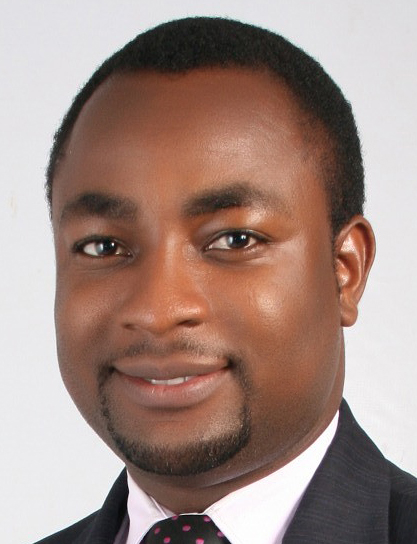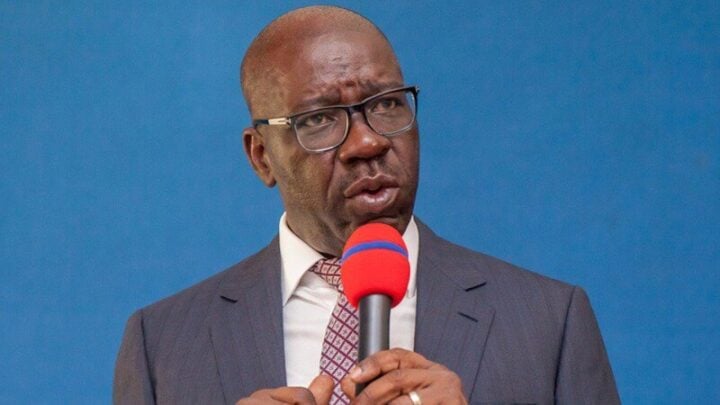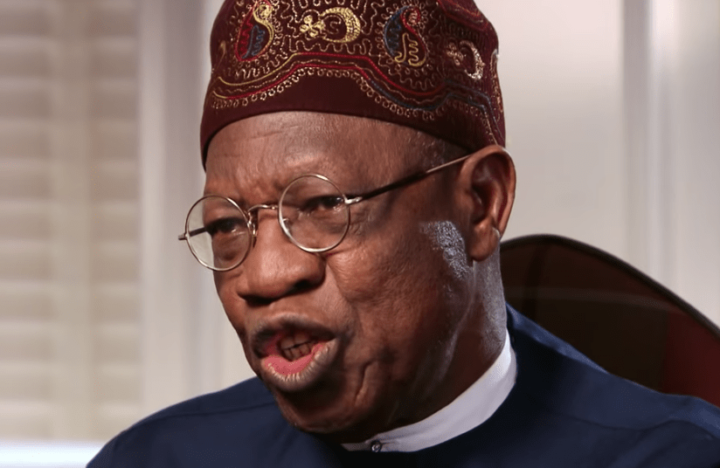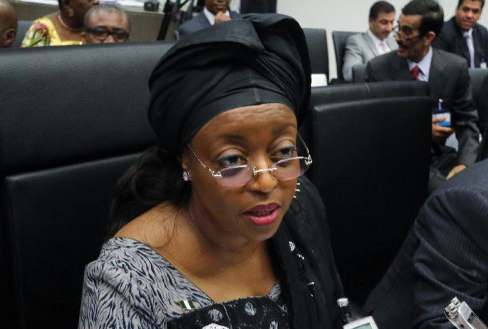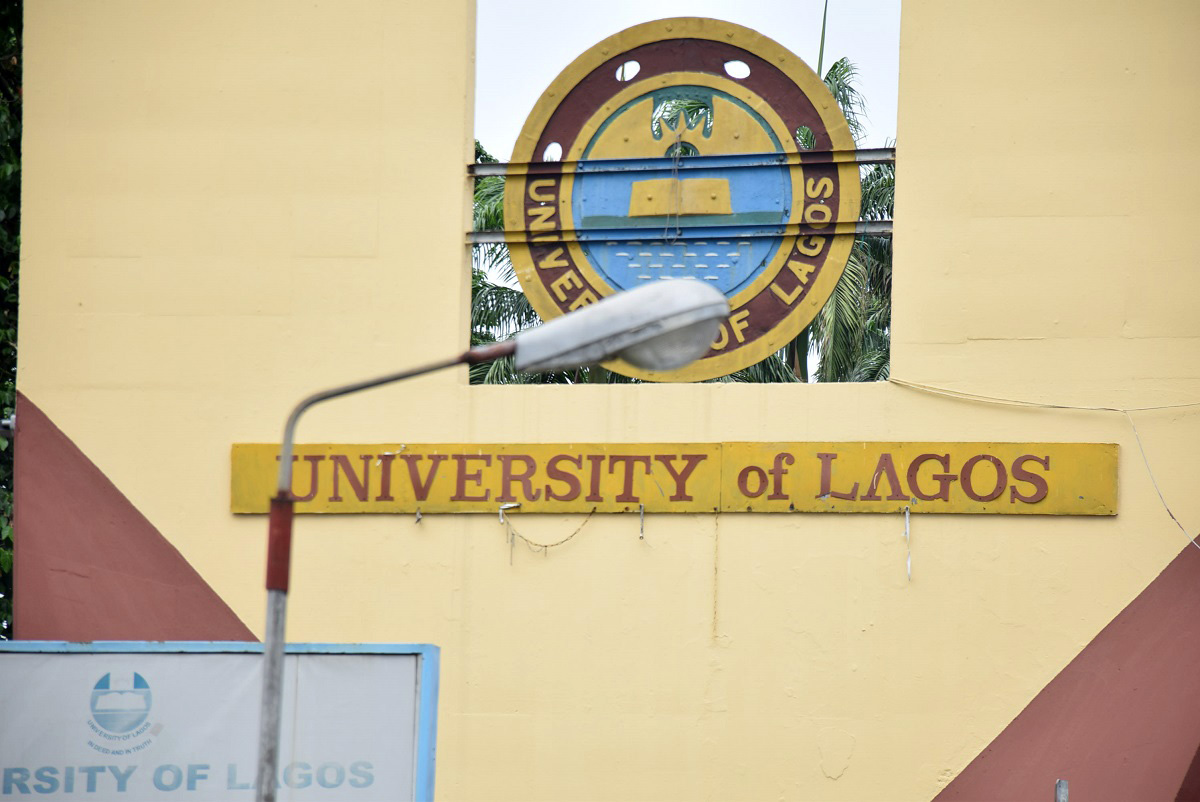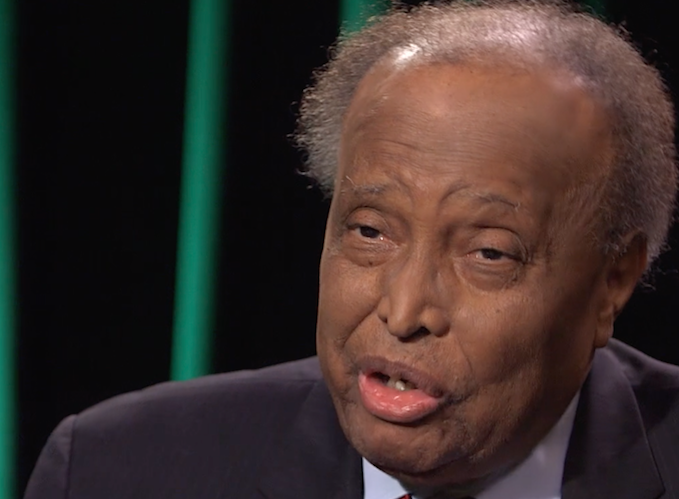The searchlight beamed on the activities of the Niger Delta Development Commission (NDDC) recently has revealed a deep rot in the agency, which was set up by the federal government to provide solutions to the socio-economic difficulties of the oil-rich region. The commission has received nearly N4 trillion over the last two decades. But there is very little to show for it. And many of the people still live in abject poverty.
Following recommendations by the ad hoc committee set up to investigate the alleged misappropriation of N40 billion by the Interim Management Committee (IMC) of the NDDC, the Senate directed the IMC to refund N4.923 billion to the NDDC coffers. It found that a large chunk of the sum was illegally paid to staff and contractors of the commission while the nation was on total lockdown due COVID-19. That is, within just a few months.
For instance, a payment of N85.6m was allegedly made to 14 staff members to attend the graduation of NDDC scholars in the United Kingdom in June 2020. N150m was paid to some union executives for a conference in Italy in April. And, in the same month, another N143m payment was made to 5 staff members to attend a participatory budget conference. Earlier in February, N171m was paid in cash to 300 drivers for a training course.
The NDDC has refuted some of these claims. It accused the lawmakers of padding its budgets, as well as undue influence in the award of contracts. In a letter to the National Assembly (NASS), the superintending minister of the NDDC, Chief Godswill Akpabio, disclosed the names of NASS members who are beneficiaries of various unexecuted contracts. One lawmaker had 74 to his name, underscoring the level of abuse in the corridors of power.
Advertisement
Just like the NDDC, Edo state—under successive governments—has been bedeviled with administrative corruption. Massive fraud occurred in revenue collection and remittance to the state government. And all the Ministries, Departments, and Agencies (MDAs) of the state’s bureaucracy contravened due process in spending public funds. The civil service was grossly inefficient, and there was a total lack of transparency in public works.
In addition to the volume of transactions, and the financial interests at stake, corruption in public procurement was exacerbated by the complexity of the process. Government officials and politicians colluded to exploit gaps in service delivery and accountability systems. There was undue influence in project needs assessment, bid evaluation, as well as costs—as officials involved in the contract award process were compromised. Impunity was rife. And development was stunted.
Since becoming governor, Mr. Godwin Obaseki has worked hard to correct these anomalies. The Edo Civil Service has been repositioned for greater efficiency. MDAs have been reorganized, and facilities have been upgraded. Staff are being trained and retrained. And a better reward system has been put in place. Today, the whole spectrum of activities within the government is driven by the use and application of ICT. And operational bottlenecks in the delivery of qualitative and transparent public services have been removed.
Advertisement
There is a significant increase in internally generated revenue (IGR), thanks to changes at the Edo Internal Revenue Service—including the discontinuation of the intimidating and fraud-ridden approach to revenue collection. And the state’s resources are being judiciously utilized. Arrears of pensioners—dating back to 1996—have been cleared, monthly pensions and death benefits are duly paid, and workers’ salaries are regular and prompt. The lean approach to governance has freed up more funds for development projects. It has also attracted investments to the state and ushered in a new era of progress.
But, as they say, when you fight corruption, it always finds a way to fight back. And that is what we see happening in Edo state right now. A few “powerful” politicians and their cronies, who profited from the old order of impunity, are fighting to take back control of the state’s treasury. They are intent on using any means possible to enthrone a government that permits their pyramid-structured patronage networks, which are based on “cash and carry” kickback relationships, while the majority of Edo people wallow in poverty. Their only agenda is to plunder our commonwealth. However, it will be anything but simple.
What these desperados fail to realize is that Edo people are the wiser. Or do they think that we have forgotten how they turned our hard-working fathers and mothers into beggars, denying them their entitlements after years of service to the state? How our talented young people languished with no jobs or hope for tomorrow? How our schools, hospitals, roads, and other public infrastructure were left to rot while they built sprawling mansions for themselves? No! We have not forgotten! And we will not risk our future and that of our children by entrusting the state’s resources to thieves and looters. True power lies in the hands of the people. And, come 19th September, we will stand with Obaseki to end their reign of abuse, and join hands with him in Making Edo Great Again.
Tony Usidamen is a public affairs analyst. He writes from Lagos.
Advertisement
Views expressed by contributors are strictly personal and not of TheCable.
Add a comment
